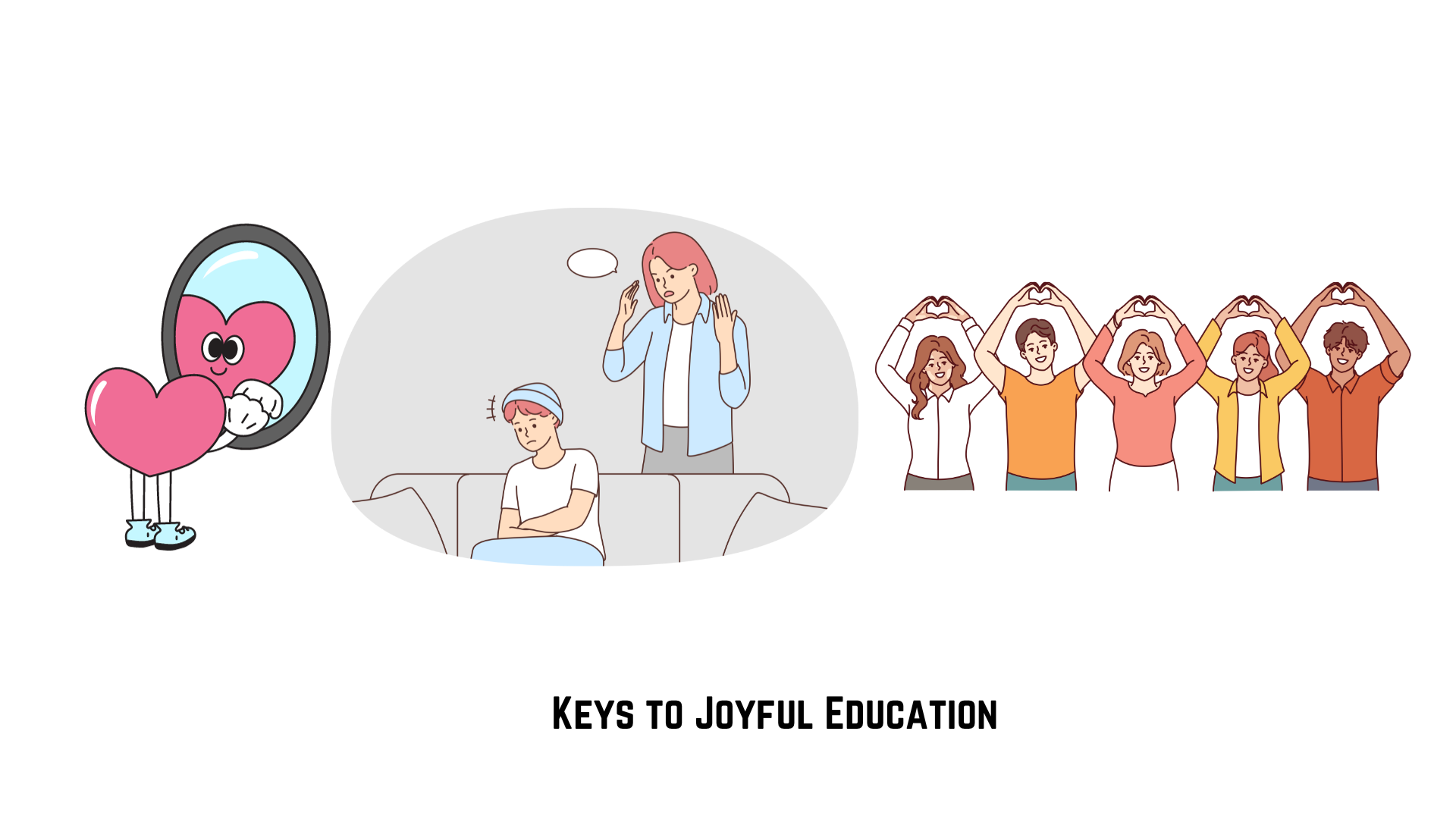Trending Now
- IPL 2024 begins with a bang. First contest between CSK and RCB.
- Election commission allots mike symbol to Naam Thamizhar Katchi
- AIADMK promises to urge for AIIMS in Coimbatore, in its election manifesto.
- Ponmudi becomes higher education minister.
Columns
Did you kiss or kick your ‘secularism’ today?
![]() October 4, 2015
October 4, 2015
Old words have entered the language in India with new and ferocious meaning and interpretations. Democracy has deepened and literacy rates have gone up, but education may have suffered. Secularism, moral policing, Hindutva, right and left wing, religion, communism and faith are now part of a vocabulary that is dismissive, dangerous and in some cases leads to death.
A section of India attributes this to the rise of Hindu sentiments while Hindus – most of them – do not accept easy and irrelevant typecasting. Or so I believe and I count myself among the believers.
My belief comes from on the job training (journalism, diplomacy and the private sector), raising children, interacting with many cultures and religions, questioning mine, observing others and finding freedom and resistance in all.
As a journalist returning to daily news cycles and newer technology, I have become very conscious of a confusing laziness, bigotry and accompanying irresponsibility (including in some sections of the media) towards what words and sentiments mean and how an innocent mistake here and there can lead to violence.
Confusing because you would think education and more access to information would mean open minds. We are a nation living on edge and here I don’t mean poverty.
For example, I am intrigued by how often we in the media turn to religious heads to explain vandalism and criminal acts. What should firmly be in the realm failure of law enforcement is now portrayed as an affront on god, any god. We even turn to them to explain medicine and science, spread of disease and epidemics.
The only quick spreading is one of mindless anger and rage. Killing people for what they eat or how they dress and destroying places of worship and congregation are criminal acts.
They have no place in any religion or faith. Killing in the name of god no one has seen is perhaps the worst thing human beings have done to each other. By continuing frame issues in this manner, we in the media are fanning fanatics on all sides.
The first encounter with one’s faith or religion is at home for those who have one. It is normally through parents the celebration of a festival, food and family gatherings that we learn of prayer or worship. A child learns values at home and these values include respect for difference.
The school is expected to take this conversation forward. School holidays, hence, are important points of confirmation and continuity in a child’s mind. Today it is Christmas, tomorrow Id and Diwali. And then there are festivals like Pongal, Onam or Baisakhi where everyone celebrates the passing of a harvest season or the beginning of another. They may be pagan as similar celebrations around the world.
Bringing up children in a country that is not your own brings differences home like nothing can. There are no Diwali holidays in Europe while we in India celebrate Good Friday and Id in addition to Durga puja.
Official holidays in India speak to all religions and the Bangalore calendar is perhaps among a few in the world that details all other calendars. The numerals are Arabic (also called Indo-Arabic) and the calendar is Gregorian.
So when people ask each other if they are secular, it points to uncertainties in themselves. Definitions do not always capture knowledge and in recent times Indian politicians on both sides of the spectrum spew words without responsibility.
We in the media tend to follow this trend so an entire new ‘language’ has emerged for the quick fixes we seek.
The past few years may appear more violent than others, but it is important to remember that we set ourselves on this slippery slope in the last decade of the 20th century. The 42nd Amendment of the Constitution of India enacted in 1976 states in the Preamble to the Constitution that India is a secular nation – the word secular was the new entrant and its ravages are clear to see.
We still do not have a working definition in terms of separation of the religion and government especially in India where elections are fought on the very basis we deny exists. In the west that is what secularism broadly means, at least in writing and till recently, also in practice, but even there, the precise origins of that system of governance is a matter of routine dispute.
Something far more dangerous is happening in India in the name of secularism. The idea is an imported one. There are as many definitions for it as we please and when we please. Leaders and politicians say this means we have to be inclusive. When did we start excluding and why?
If you notice the religion, colour and caste of your friends, you are neither open nor willing to be. Education cuts both ways – it either turns you into a bigot or sets you free. That choice at least is yours.
Chitra Subramaniam
DISCLAIMER : Views expressed above are the author’s own.






















